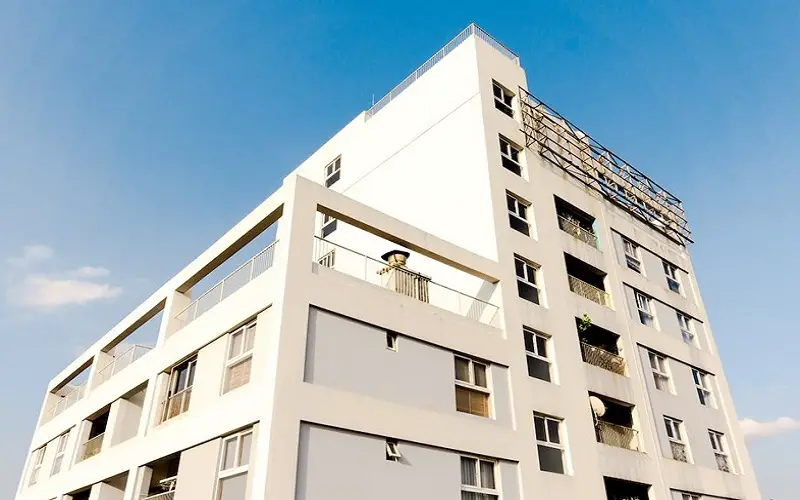As a real estate investor, you know that rental properties can be a lucrative investment. But not just any property will do – you need to make sure that you meet the seven must-have criteria for buying rental properties if you want to make the most of your investment. We’ll discuss what those criteria are and how to go about meeting them.
1. Location
Location is key when it comes to rental properties. You want to look for properties in desirable neighborhoods that are close to amenities like schools, shopping, and public transportation. This will make it easier for you to find tenants and ensure that your property remains attractive and profitable over time. Because of this, many people choose to invest in real estate in Singapore because of its strong rental market and good public transportation system. Additionally, you should research the local housing market to get an idea of what kind of rental rates you can expect in that area.
2. Rental Demand
When looking for a rental property, it’s important to consider the local demand for rentals. You want to make sure that there is enough demand for your type of property and that you will be able to fill vacancies quickly. The best way to do this is by researching the local rental market, including vacancy rates and average rents in the area. Additionally, you should look at how many rental properties are already on the market and if there is excess supply or lack thereof which could impact your ability to find tenants.
3. Cash Flow
Cash flow is essential when it comes to rental properties. You want to make sure that the property produces enough cash flow to cover operating expenses and create a profit for you. Before you buy any rental property, it’s important to analyze the potential cash flow so that you know what kind of returns you can expect from your investment. For some rental properties, you may need to use a property management service to optimize cash flow. Also, be sure to consider potential vacancy rates and maintenance costs, as these can have a major impact on your bottom line. Additionally, think about the tax implications of owning rental property, as this will likely affect your cash flow. Understanding all of the elements that go into generating cash flow from a given rental property can help you make smart decisions when it comes to investing in real estate.
4. Property Condition
It’s also important to consider the condition of the property when evaluating a potential rental property. You want to make sure that it is in good shape and will require minimal repairs or renovations before renting it out. Additionally, if there are major repairs needed, you should factor those costs into your purchase price so that they don’t put a strain on your budget once you own the property. If there are problems with the condition of a property, it is important to determine whether or not they can be fixed within a reasonable budget. And if the repairs are too costly, you should consider looking for a different property.
5. Financing
Financing is another key factor to consider when buying a rental property. You want to make sure that you can get the financing you need at a rate that makes sense for your investment. Be sure to shop around for lenders and compare rates and terms before signing any loan agreements. Additionally, it’s important to think about how much money you will have to put down on the property and if you have enough cash reserves to cover any potential vacancies or repairs that may come up during your ownership of the property.
6. Tenant Screening
Finally, tenant screening is essential to ensuring that your investment is profitable over time. You want to make sure that you are renting to reliable tenants who will pay their rent on time and take care of your property. This means thoroughly screening potential tenants by running background checks and credit reports as well as verifying references before signing a lease agreement. Additionally, you should research local laws regarding tenant rights so that you know what kind of things you can legally require from your tenants and how to handle any dispute resolution issues that may come up during their tenancy. By properly screening tenants, you can protect your investment and maximize your chances of success as a landlord.

Overall, there are many factors to consider when buying a rental property. From cash flow analysis and tenant screening to financing and legal structure selection, it’s important to take the time to evaluate each aspect of the investment before signing on the dotted line. With careful planning and due diligence, you can make sure that your rental property venture is profitable and successful for years to come.




